December 27, 2024 | 01:10 GMT +7
December 27, 2024 | 01:10 GMT +7
Hotline: 0913.378.918
December 27, 2024 | 01:10 GMT +7
Hotline: 0913.378.918
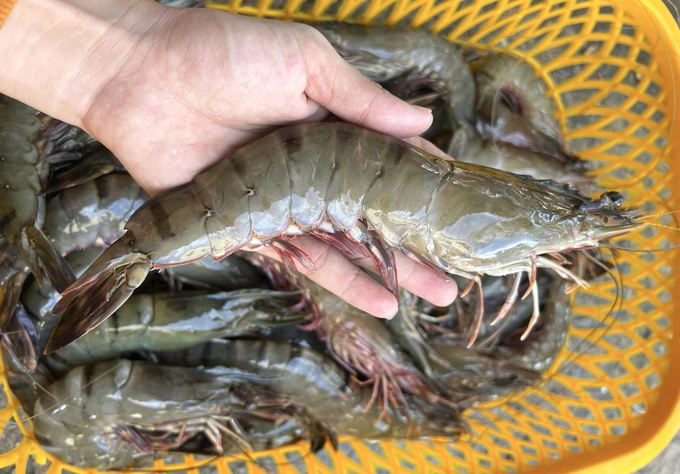
Many farms harvest early to minimize damage, leading to a shortage of large-sized shrimp. Photo: Son Trang.
Some shrimp traders have recently shared information about the early mortality of farmed shrimp in some places in the Mekong Delta at the end of 2023. Although shrimp seed suppliers have made great efforts to ensure the supply of disease-free seeds in consideration of this situation, disease-infected shrimp seeds still appeared in many shrimp farms during the main shrimp crop of 2024.
In the Southeast coastal region, diseases have also appeared in shrimp farms. According to Nguyen Kim Chuyen, Director of Quyet Thang Agricultural Cooperative (Ba Ria city, Ba Ria - Vung Tau province), there has been a phenomenon of disease appearing in shrimp right in the first months of 2024 after stocking. Even shrimp seeds from some reputable enterprises faced the same problem after stocking.
There are still conversations about whether the disease outbreak in shrimp farming in the main crop of 2024 is due to shrimp seeds or water sources. Regardless, the disease situation in shrimp farming in many farms is leading to a shortage of large-sized shrimp as farmers have to harvest early to minimize losses, hence a lack of supply in comparison to market demand.
“Some shrimp farms in Phuoc Thuan (Xuyen Moc district) and Loc An (Dat Do district) are suspected of being infected with Enterocytozoon hepatopenaei (EHP). The disease causes shrimp to experience slower growth. As a result, when the shrimps are only at the size of over 100 shrimp per kg, these farms hastily harvest all of them. Some farms have to temporarily stop farming after harvesting for fear that the disease will continue to spread if they stock a new batch right away,” said Director Nguyen Kim Chuyen.
What is worrying is that apart from the recorded disease outbreaks, many shrimp farming areas have been damaged without clear causes. Information from the Department of Animal Health shows that since the beginning of the year, 147 ha of shrimp farms in Quang Tri (28.47 ha), Bac Lieu (116 ha) and Ca Mau (2.6 ha) have been damaged without any visible sign.
Director of the Department of Animal Health Nguyen Van Long warns of emergence of translucent post-larva disease (TPD) in addition to old diseases such as white spot disease, acute hepatopancreatic necrosis, and EHP.
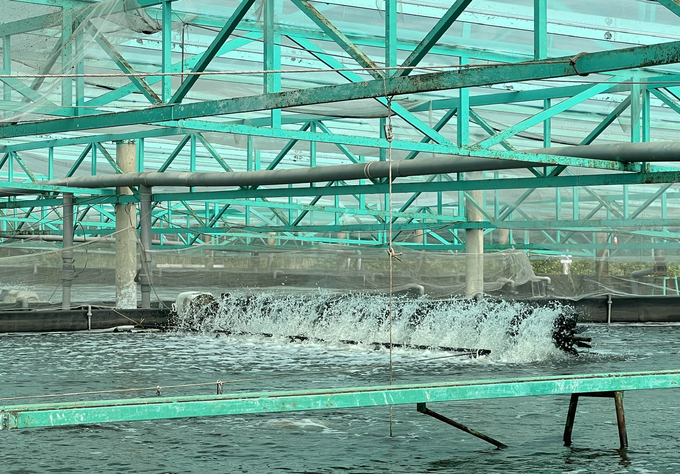
High-tech shrimp farming at Quyet Thang Agricultural Cooperative, Ba Ria - Vung Tau. Photo: Son Trang.
Farmed shrimp are still constantly facing dangerous diseases for which there is no cure or specific treatment, and possibly even new diseases. Considering the current situation many businesses, cooperatives, and farms have focused on disease prevention in recent times using a variety of solutions, including biotechnology, thereby achieving positive results.
According to Nguyen Trung Anh, Director of Sustainable Development and Innovation of PAN Group PAN has been promoting investment in agriculture and aquaculture for many years. Particularly for shrimp farming, PAN currently has more than 500 ha of shrimp farms in the Mekong Delta.
When it comes to investing in agriculture, PAN focuses on applying biotechnology. PAN has successfully applied microorganisms and isolated beneficial microorganisms from shrimp ponds. These beneficial microorganisms have been used to control pond water quality and treat the pond environment, thereby helping shrimp reduce disease and achieve high productivity.
Thanks to the successful utilization of biotechnology, PAN has significantly reduced the rate of loss due to disease in shrimp farms. The enterprises have now been able to organize two shrimp crops per year in the Mekong Delta, including one main-season crop and one off-season crop, and both shrimp crops have shown fruitful success.
In the current scene of shrimp farming in the southern provinces, there are many farming processes such as the 2/3/4 procedure (2 phases of production, 3 times of harvesting, 4 clean factors in the farm: clean shrimp seeds, clean water, clean farmers and tools, clean farming environment).
Other mentionable procedures include multi-phase farming procedure, harvesting procedure, microbiological technology farming procedure, and high-tech farming procedure. Most of the procedures are focused on adding microorganisms to treat pond bottom waste combined with controlling harmful bacteria, while at the same time supplementing beneficial bacteria to stimulate shrimp digestion.
Translated by Samuel Pham
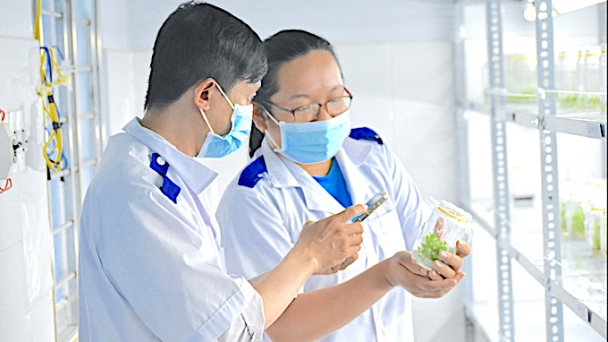
(VAN) The Ministry of Agriculture and Rural Development invests in a digital transformation research project for sustainable agriculture and climate change adaptation in the Mekong Delta.
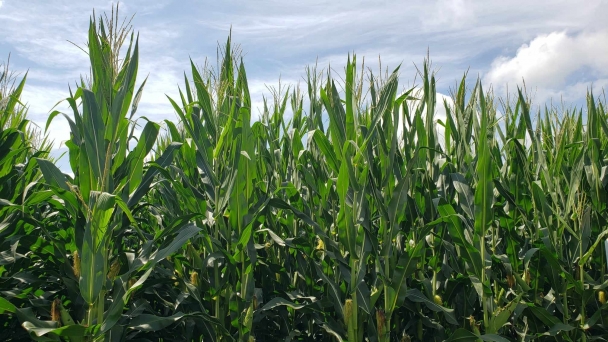
(VAN) Agriculture Secretary Tom Vilsack says the decision highlights the importance of science-based regulatory systems in agricultural trade.
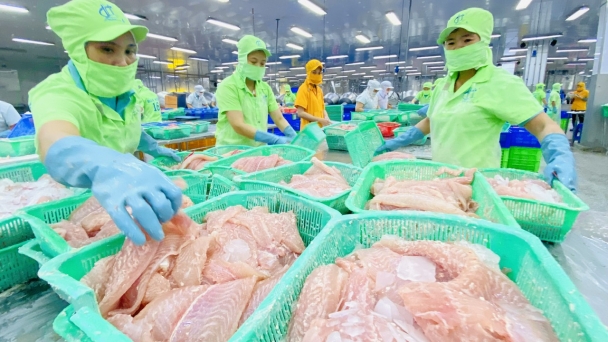
(VAN) VASEP determined that Vietnam's seafood export opportunities to China in 2025 would continue to be substantial as a result of China's robust consumption demands.
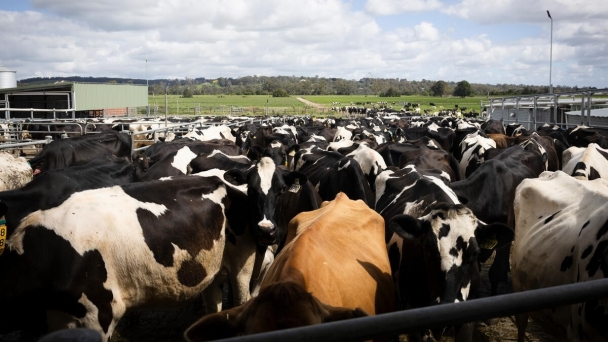
(VAN) It offers advice on how to optimize monitoring and risk mitigation as infections of pathogenic H5N1 strain spread.
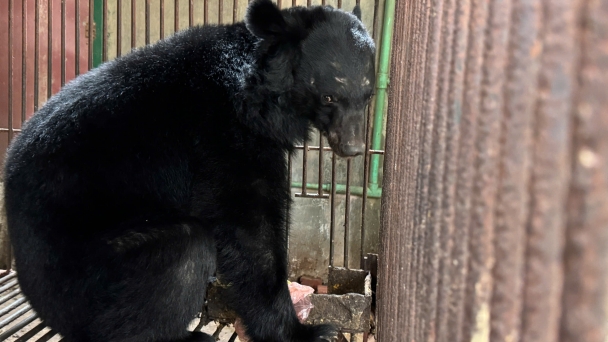
(VAN) Animals Asia, in coordination with the Lao Cai Forest Protection Department, received a moon bear that was illegally kept in Bao Thang district, Lao Cai province.
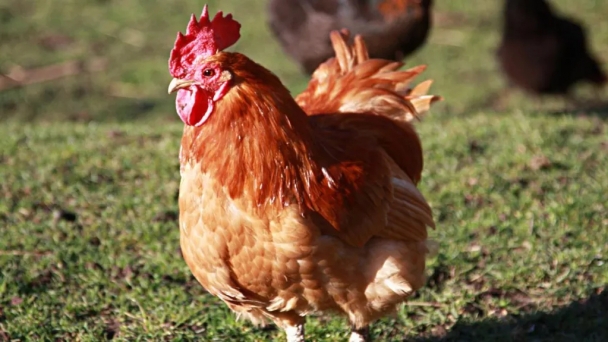
(VAN)All poultry and other captive birds in parts of Yorkshire and the East of England will have to be kept indoors from 23 December to prevent the spread of bird flu, the government has said.
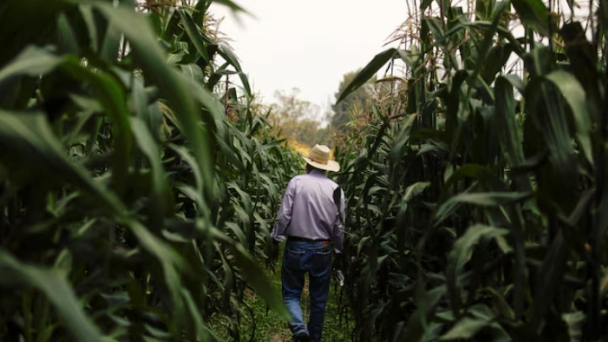
(VAN) Mexican President Claudia Sheinbaum expects Congress to approve a ban early next year on planting genetically modified corn in the country, she said on Saturday.